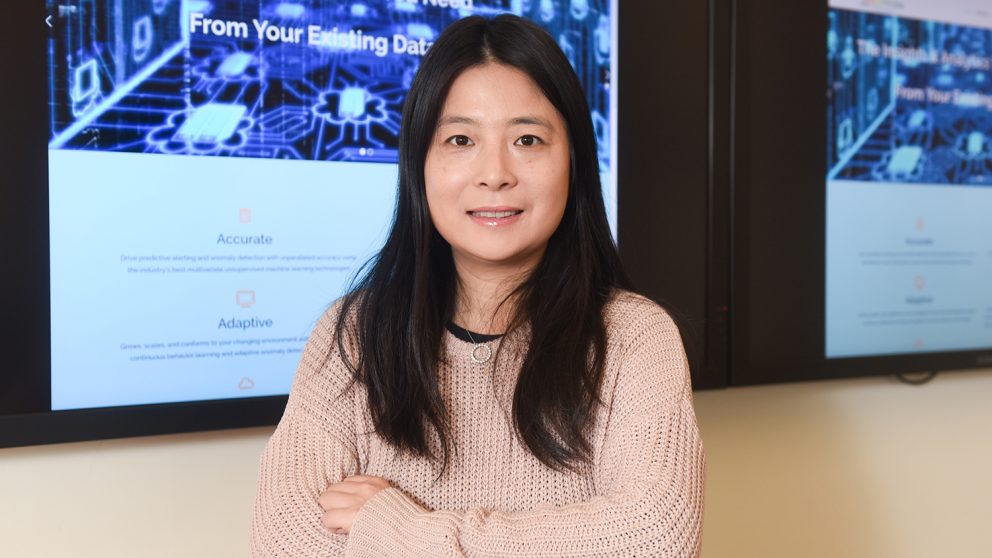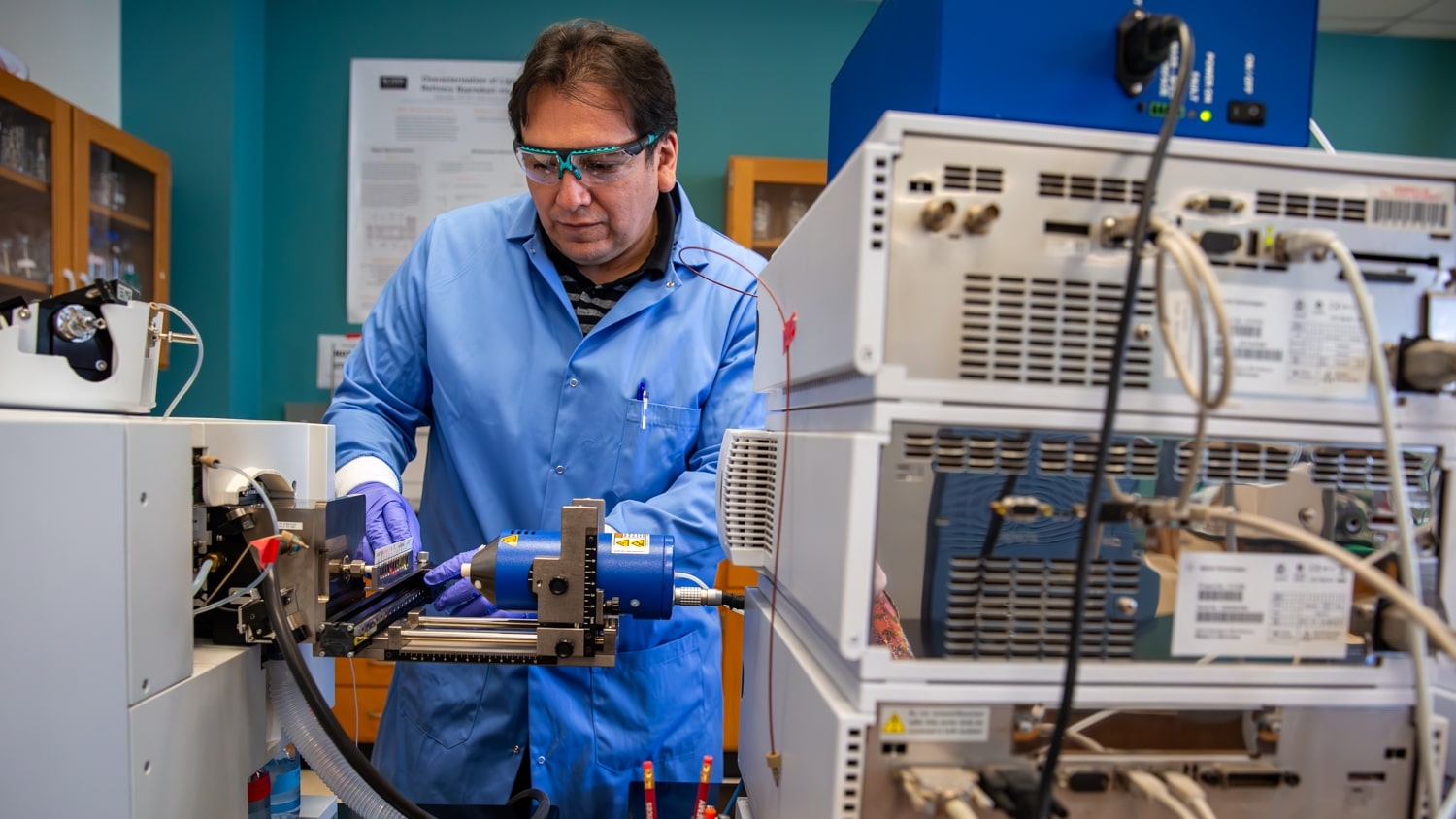Cloud-computing tool moves from the lab to the marketplace

It’s always exciting for scientists to see their ideas come to fruition in the lab. For NC State computer science researcher Helen Gu, that idea was a new approach to identifying and preventing cloud-computing problems. And her idea has now expanded beyond the lab, as the company she launched – InsightFinder Inc. – has now grown into an enterprise with a dozen employees, a growing client list, and a bright future.
“We are now working with 15 companies around the world that rely on cloud-computing technologies, in sectors from healthcare to finance to telecommunications,” Gu says. “Essentially, we are helping clients – from Fortune 500 companies to small startups – identify problems before they affect performance and service availability. And we not only identify the problems, but diagnose what is causing them, so that they can be addressed.”
InsightFinder builds off of a system called Unsupervised Behavior Learning (UBL), which Gu and Daniel Dean (a former Ph.D. student in Gu’s lab and now VP of Analytics at InsightFinder) first presented in 2012. The UBL technology allows companies that use cloud computing to gain insight into user and program behavior in order to diagnose potential problems in their code. The technology can also prevent performance disruptions in cloud-hosted applications by automatically identifying and responding to potential anomalies before they can develop into service outages.
But the technology has changed a great deal over the past six years.
“For example, we have now incorporated automated processes that can begin taking steps to address potential problems as quickly as they are identified,” Gu says. “We’re talking about a matter of seconds between seeing a problem and responding.”
NC State’s Office of Technology Commercialization and New Ventures filed for a patent on the technology in 2013, and Gu launched InsightFinder two years later.
InsightFinder got an early boost from the National Science Foundation, which awarded her a Small Business Innovation Research (SBIR) grant in 2015. And the NC State startup was awarded a highly competitive Phase II SBIR grant in 2017.
“The SBIR grants have been incredibly important,” Gu says. “Without that support, the company would not have been possible. We’ve now closed on more than $2 million in funding. Proceeds will be used to expand teams in sales, marketing, and customer support.
“NC State has been a wonderful launching pad for us,” Gu says. “The Office of Technology Commercialization and New Ventures has been extremely supportive and helpful. And, in the company’s early days, NC State’s Daugherty Endowment was crucial in providing the seed money we needed to grow.”
This post was originally published in NC State News.
- Categories:


